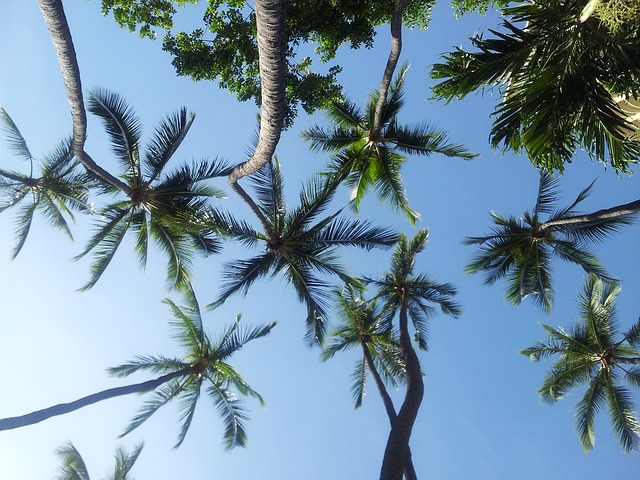Last week, the Hawaiian Electric Companies began Hawai‘i’s largest procurement effort for renewable energy resources to end the use of coal and reduce reliance on imported oil for power generation, moving the state closer to its goal of using 100 percent renewable energy by 2045.
With the approval of the Public Utilities Commission (PUC), the companies today issued requests for proposals for renewable energy and grid services from developers locally and globally.
Approximately 900 megawatts of new renewables or renewables paired with storage – generating about 2 million megawatt-hours annually – are sought. It is among the largest single renewable energy procurements undertaken by a U.S. utility, said the companies.
This includes estimated targets of technologies equal to 594 MW of solar for O‘ahu, 135 MW for Maui and up to 203 MW for Hawai‘i Island, depending on whether other renewable energy projects are available on that island.
Projects for Maui must include energy storage. On Hawai‘i Island, solar must include storage but is optional for other technologies. On O‘ahu, pairing generation with energy storage is optional. Storage on O‘ahu and Maui is also being sought to replace firm generating units. This can be provided by renewable generation paired with storage or standalone storage. Contingency storage is also being sought for Oʻahu and Hawai’i islands.
For O‘ahu, new renewable generation and storage is needed to replace the 180-megawatt coal-fired AES Hawaii plant in Campbell Industrial Park due to close by September 2022. It is the largest single generator on O‘ahu, meeting 16 percent of peak demand.
For Maui, new renewable generation and storage is needed for the planned retirement of Kahului Power Plant by the end of 2024.
Grid services
A separate request for proposals for grid services from customer-sited distributed energy resources (DER) will help system operators manage reliability of modern electric grids with diverse, dynamic inputs and outputs. The companies are seeking grid services such as fast frequency response and capacity for O‘ahu, Maui, and Hawai‘i islands with targets ranging from 4 MW to 119 MW. This will create an opportunity for customers to play a direct role in modernizing the electric grid and integrating more renewable energy.
Final requests for proposals are expected to be issued later this year for the equivalent of 4 MW of solar or 3.6 MW of small wind for Moloka‘i, paired with energy storage, and an equivalent up to 9.5 MW of solar paired with energy storage for Lānaʻi, pending approval by the PUC.
Due to the complexity of projects sought, the PUC has chosen independent observers and a technical adviser to assure that all proposals – including “self-build” projects proposed by the companies – are treated fairly and equitably and will not interact to create technical problems on island grids.
These final requests for proposals are the result of extensive collaboration led by the PUC with participation of Hawaiian Electric, the Consumer Advocate, and other stakeholders.
Hawaiian Electric’s guiding principles in seeking renewable energy and grid services include transparency, predictability and streamlining to lower costs for customers, with community engagement essential to success.
Pending negotiations of contracts and final approvals, the first renewable generation projects from this phase would come online in 2022 with the total amount of megawatts expected by 2025. The timelines for proposals are listed below:
Renewable Generation Timeline

Grid Services Timeline

Decarbonization and renewable energy project development play a prominent role at both DISTRIBUTECH International and POWERGEN International.




